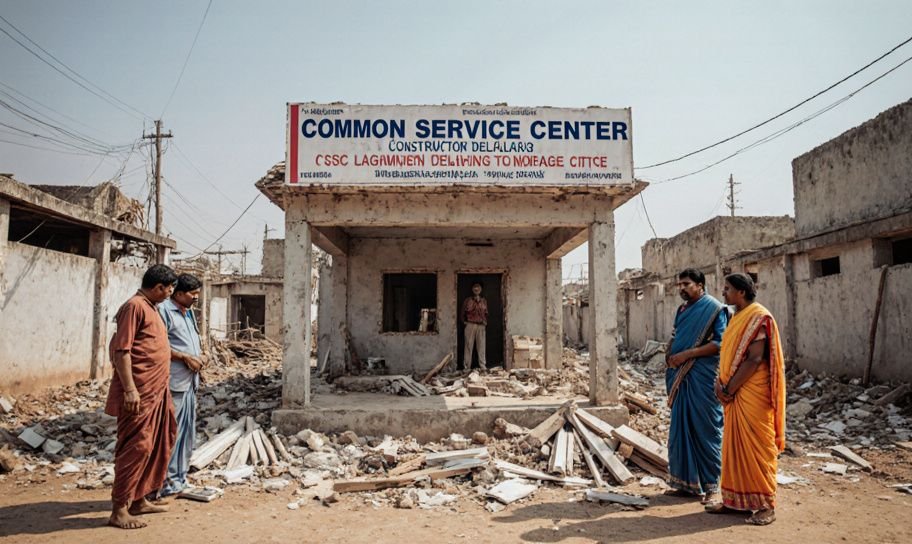
In a recent court decision, Bhartiya Samruddhi Finance Ltd. (Samruddhi) won its legal battle against the State of Maharashtra. The case was about delays in setting up Common Service Centers (CSCs) in rural areas, with both sides blaming each other for missed deadlines and money losses.
Back in 2011, Samruddhi made a deal with Maharashtra to set up 1,362 CSCs to help villagers access government services. The company was supposed to make money through transaction fees and government support, known as "viability gap funding." However, by 2016, Samruddhi had only set up 1,276 centers, missing several deadlines.
Samruddhi argued that the delays were because of poor internet connectivity, especially in remote areas like Nandurbar. They even pointed to a government suggestion that companies shouldn’t be punished for such delays. On the other hand, the State claimed Samruddhi was responsible for making sure there was internet and wanted to charge them penalties.
"The absence of broadband connectivity could not be regarded as a reason that could excuse the delay in rolling out the CSCs."
Samruddhi asked for around Rs. 7.66 crores plus interest from the State, while Maharashtra wanted Rs. 7.62 crores as penalties. Despite this, the State had already given some money to Samruddhi in 2018 and 2019.
The Arbitral Tribunal agreed with Samruddhi, awarding them Rs. 7.66 crores but without any interest. The Tribunal found that the State hadn’t provided the necessary support for internet connectivity, which was crucial for the project’s success.
"The contention that Samruddhi should have somehow provided the last mile connectivity...would have required Samruddhi to be a telecom service provider."
Judge Somasekhar Sundaresan agreed with the Tribunal’s decision, stating that Samruddhi wasn’t responsible for the lack of internet. The State's argument that Samruddhi should ensure telecom services was seen as unreasonable and impractical.
"The Agreement has to be read as one requiring the CSCs to be housed with equipment that can communicate with the telecom network and not for Samruddhi to become a telecom service provider."
Although Samruddhi didn’t get the interest they wanted, the court found the Tribunal’s decision fair and reasonable. The judgment emphasized respecting the Tribunal’s final decision, ensuring that the business goals behind such agreements are honored.
This case highlights the challenges in public-private partnerships, especially in areas with infrastructure issues. While Samruddhi didn’t get everything they wanted, their main claim was validated, marking a significant win in their favor.